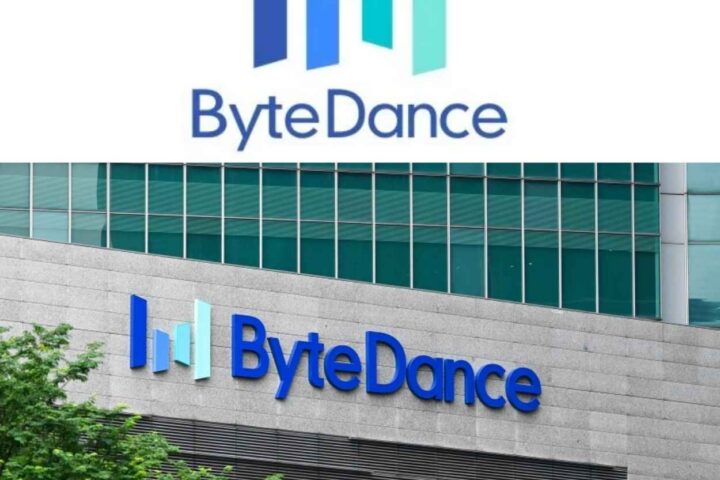Businesses are shielded from financial harm by business insurance coverage for accidents or unforeseen eventualities that could happen on the job. Many kinds of insurance are available for businesses, including protection against employee risks, legal responsibility, and property damage.
Losses are always a possibility for businesses. Unexpected events might put a significant financial strain on your company that you may not have anticipated. Many small firms have been unable to return their businesses to their former position after unfortunate and unplanned financial losses arising from accidents. This is why you need business insurance.
Every business must be insured. It doesn’t matter whether you run a logistic company or a live casino online, subscribing to the right insurance policy for your business will keep you protected and allow you to sleep well at night. You can choose various company insurance options based on your requirements and preferences. However, you must understand some crucial information before purchasing a business insurance policy.
1. Select both personal and business insurance
Many business owners neglect to purchase coverage for themselves when purchasing business insurance. They fail to see that they’re the only backbone of the company and that the firm would not be functional without them.
This primarily applies to sole proprietorships and small firms run by entrepreneurs. The business owner should get insurance because this renders the owner a valuable asset to the business. You can opt for personal accident and medical coverage to get compensation in the event of an accident or illness.
2. Think about any possible legal insurance requirements
For your small business, purchasing business insurance could not just be a wise investment, it might even be essential. Depending on your sector, state, customers, and lenders, you might need to carry certain coverage.
For instance, if you’re subletting a commercial building, your landlord might insist that you purchase general liability insurance to protect yourself against potential third-party lawsuits, including claims of property damage or personal harm. Lenders of mortgages frequently have similar specifications for owners of commercial real estate.
Research the legal requirements for your region and profession to ensure you have the right coverage. You can get guidance on the type of insurance you’re likely to need from an experienced insurance agent.
3. Coverage should come before the cost of company insurance
It’s important to understand that business insurance is essential for safeguarding your company from significant financial loss while being an additional cost. To save a few bucks on your premiums, choosing the cheapest coverage available can be appealing, but doing so may end up costing you a lot in the long term.
There’s a reason why cheaper insurance is priced that way. They could provide very little coverage, leaving you open to common hazards. Or they can be provided by an insurer with dubious business practices, such as sluggish claim processing or jarring premium increases.
So your focus should be on the extent of coverage that the insurance offers. Not how cheap the insurance package is.
4. Consider your risk
Examine the added risk and liability you face. This will enable you to choose the insurance that will provide the best kind of security. A thorough examination of operational processes, including infrastructure and human resources, helps identify risks and what should be insured.
To determine what you want to be covered, you must evaluate all potential hazards that could affect your company. Analyzing the risks is the first step in purchasing business insurance. Before providing a policy quote, your insurance provider will analyze the risks involved.
Additionally, it will aid the insurer in determining whether to offer partial or full coverage at the payout time. Your agreed-upon deductible affects your rate, too: the bigger your deductible, the lesser your premium will be.
5. Select the right provider
Not all insurance companies are the same. Find the best insurance to safeguard your company by researching their policies, costs, and coverage.
Compare a couple of the top carriers based on insurance coverage, price, dependability, customer service, and how they manage claims. Finding the best insurance company for your business will be easier.
The Bottom Line
The advantages of insurance frequently revolve around legal and financial security. If you have an injured team member, your office burns to the ground, a client sues you, or your company partner passes away, insurance can shield you from several losses.
You can recover and carry on with your business with the help of proper business insurance. Business insurance protects you financially and legally in emergency or unforeseen circumstances.
Meta Description
Many businesses are still unsure why they need to get a comprehensive insurance plan in place. This article looks at why you should consider it now.
















